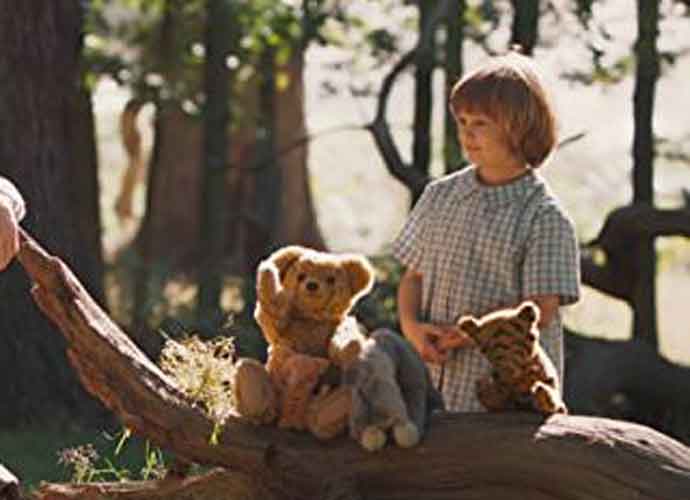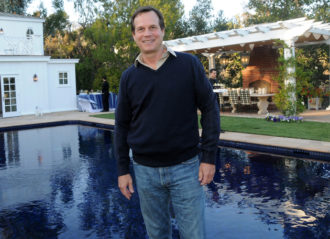What’s The Story Behind Simon Curtis’ ‘Goodbye Christopher Robin’?
Simon Curtis’ Goodbye Christopher Robin chronicles the lives of A.A. Milne (Domhnall Gleeson) and his son Christopher Robin (Will Tilston) whose stuffed animals inspired the beloved children’s series Winnie-the-Pooh. The film stems from British biographer Ann Thwaite’s book, Goodbye Christopher Robin: A.A. Milne and the Make of Winnie-the-Pooh which explores the highs and lows of the Milne family surrounding the creation and subsequent success of Pooh Bear.
The drama details World War I as Milne’s motivation for writing the series. In the difficult time following the war, Milne hoped to raise spirits by creating the beloved bear. Suffering from post-traumatic stress, Milne relocated his family out of London to a quiet cottage near the woodlands of East Sussex. The famed author drew inspiration from his surroundings as the forest that enveloped his family cottage served as a muse for Pooh Bear’s Hundred Acre Wood.
Despite Winne the Pooh being an encouraging symbol in the years following the war, the effects the books had on Milne and his son Christopher Robin were not as positive.
Christopher Robin experienced immediate fame from the book as its main character shared his namesake. Christopher explained in a rare interview with The Telegraph’s Gyles Brandreth, he enjoyed the success at first and that “it was exciting and made me feel grand and important.”
Eventually, however, the fame began to wear on him. Christopher recounted that at a young age he would spend countless hours replying to fan letters and would see his image and voice being used all over the world to help sell his father’s books.
Christopher explained that the fame began to affect his life more negatively as he grew up. He went on to say that at boarding school his classmates would torment him by playing old Winnie the Pooh records he had recorded as a child. Upon graduating from Cambridge, Christopher struggled to find work and blamed his father and his childhood fame for his problems.
Christopher expressed resentment for his father and told Brandreth that Milne “had got where he was by climbing on my infant shoulders, that he had filched from me my good name and had left me with nothing but the empty fame of being his son.”
A.A. Milne, too, regretted the creation of the treasured children’s book. After finishing the fourth Pooh book, Milne decided to stop writing children’s literature. According to BBC, Milne was disgusted by his son’s fame and wrote “I feel that the legal Christopher Robin has already had more publicity than I want for him. I do not want C.R. Milne to ever wish that his name were Charles Robert.”
Although the series garnered incredible success, selling about seven million copies in his lifetime, Milne regretted writing the four books as Winnie-the-Pooh eclipsed the rest of his career. According to Brandreth, Milne was also irked by the assumption that he had a “fondness for children,” later saying that he had “never felt in the least sentimental about them.”
Unlike his father, Christopher was able to find peace with Pooh Bear. “It’s been something of a love-hate relationship down the years, but it’s all right now,” he told Brandreth two years before his death in 1998. “Believe it or not, I can look at those four books without flinching. I’m quite fond of them really”.
RELATED ARTICLES
Get the most-revealing celebrity conversations with the uInterview podcast!




 Click here for the In Memoriam: Celebrities Who Died In 2017 Slideshow
Click here for the In Memoriam: Celebrities Who Died In 2017 Slideshow



Leave a comment